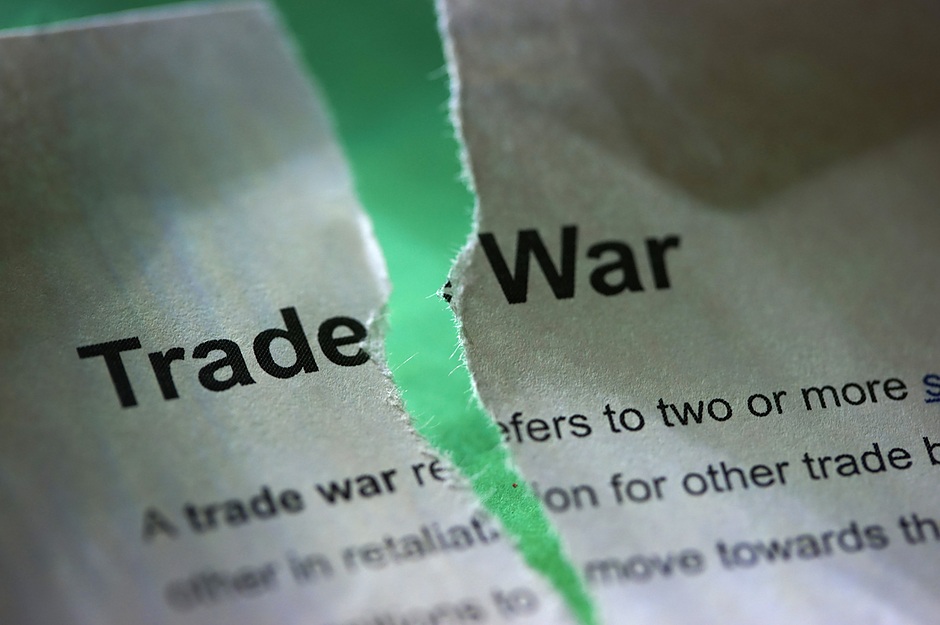Renewed Fears of a Prolonged Trade War

U.S. Review - Inversion Aversion
Markets gyrated this week as the spread between the ten- and two-year Treasurys turned negative for the first time since 2007, as financial markets seem to expect that the sharp slowdown in growth overseas will soon spread to the U.S.
Economic data this week, however, continued to say otherwise. Retail sales again beat expectations, rising 0.7% in July, while the 1.0% rise in control group sales sets up for another strong PCE reading in the third quarter.
CPI inflation firmed, with core prices rising 0.3% for the second straight month. We still expect the Fed to cut rates again in September.
Global Review - Renewed Fears of a Prolonged Trade War
Trade tensions between the U.S. and China remained a prominent theme in markets this week. Although the U.S. delayed tariffs on some imports from China until December, it may not be enough to stop Chinese retaliation.
U.K. economic data released this week suggest the consumer sector has held up relatively well despite Brexit and political uncertainties hanging over the economy.
Mexico’s central bank cut its key policy rate for the first time in over five years, noting increased global risks and expectations of further monetary policy easing by several other central banks.

Author

Wells Fargo Research Team
Wells Fargo

















